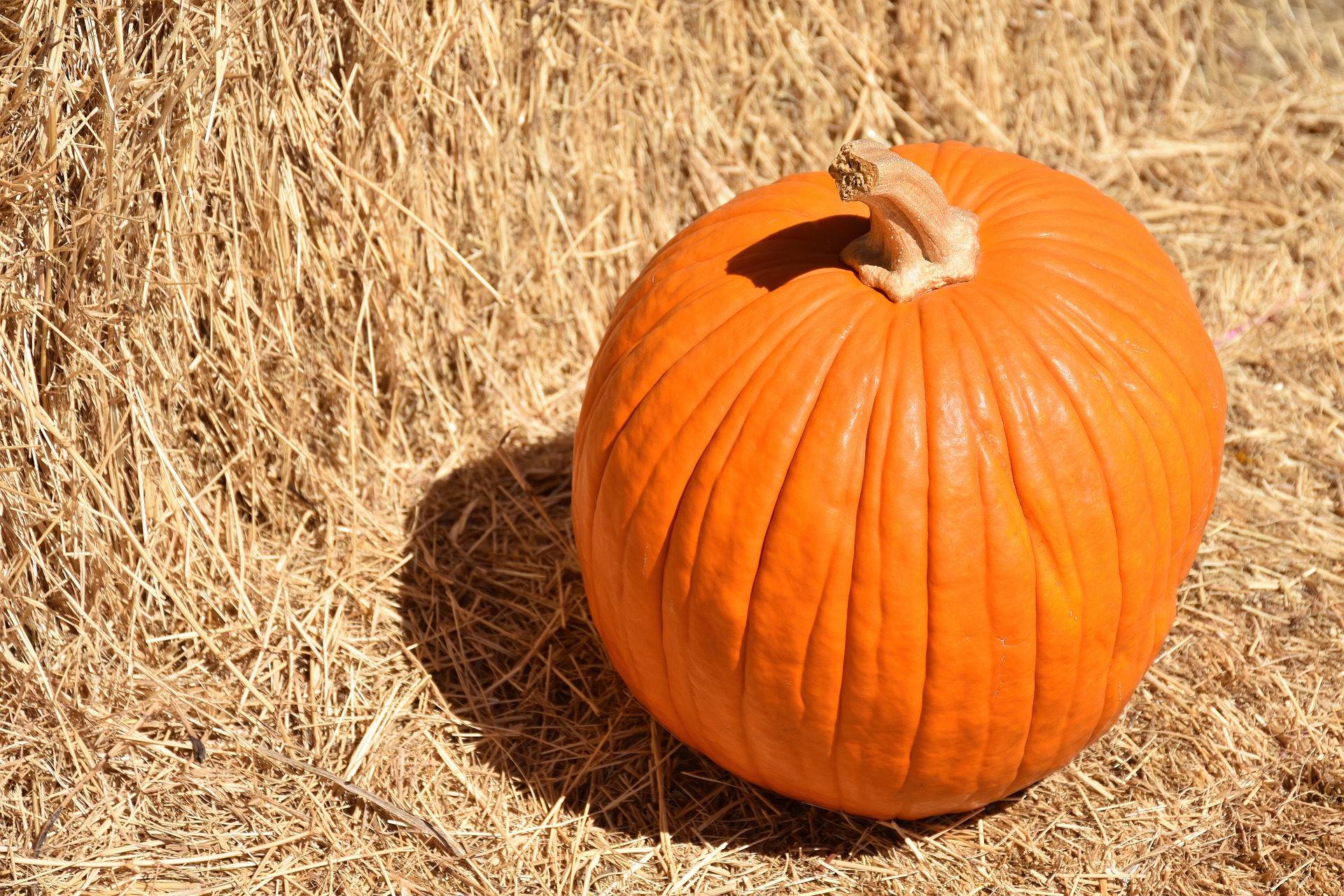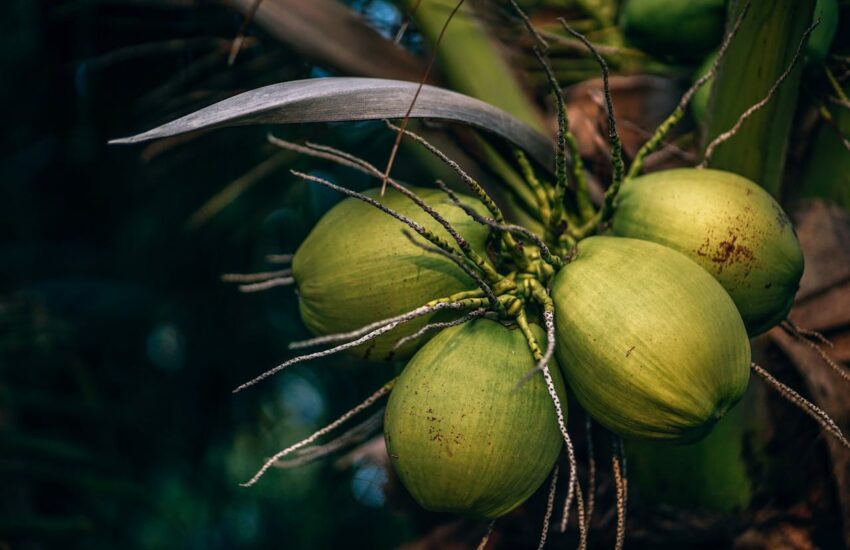Bet You Didn’t Know Pumpkin Could Do This
I have to admit.
Coming from Nebraska, we never really had fall like we do where I live now, (North Carolina).
Now that I live here, I get to watch the leaves change color in a way I didn’t get to see in Nebraska. Here we have intense colors. In the Midwest it was a little…browner.
And, though the transition into Fall always makes me miss the bright, long, warm summer days, there is one part of Fall I love…and that’s pumpkins galore!
I’ve always been a fan of pumpkins, even when I lived in Nebraska. And while we might not have had the same transition into Fall like we get here in North Carolina, the good news was Nebraska had tons and tons of pumpkins.
Now, keep in mind pumpkins aren’t just good for Jack-o’-lanterns or Pumpkin pie.
They’re actually an incredibly healthy food….as if I write to promote unhealthy foods.
And just to be clear.
Starbucks Pumpkin Spice Lattes, while delicious, are not healthy. Just in case you were wondering.
Take a look at the following 6 reasons pumpkins are a great Fall food.
6 Reasons to Buy Lots of Pumpkins
1: Pumpkins are rich in antioxidants
You probably noticed pumpkins are generally orange in color. Not all of them, but most of them. This signals they’re rich in carotenoids, which often times act as antioxidants.
The orange hue associated with pumpkins indicates there are high levels of beta carotene (Vitamin-A) inside.
There are quite a few positive associations beta carotene has on your health. One of the most famous, of course, is its effect on vision. 1 cup of cooked pumpkin is estimated to contain anywhere from 150% – 200% of the total recommended daily value of beta carotene.
So pumpkins for eye health and to fight free-radicals is a must.
2: Pumpkins contain pumpkin seeds
In all seriousness, I could write an entire article on just how healthy pumpkin seeds are.
But, since I’m talking about the whole gourd, I’ll just give you a quick summary of the benefits associated with pumpkin seeds.
- Good for the prostate
- Help with heart health
- Support healthy immune function
- Help maintain blood sugar levels
- Promotes better sleep
And more.
Come to think of it, I will write an article on pumpkin seeds since they’re that powerful of a food.
3: Pumpkins support Immune function
Just like the seeds inside, pumpkin is quite helpful at keeping sickness at bay.
Part of that has to do with its antioxidant properties. Then there’s the actual oil of the pumpkin that can work to support immune health.
Researchers wrote this about pumpkin:
Pumpkin is one of the well-known edible plants and has substantial medicinal properties due to the presence of unique natural edible substances. It contains several phyto-constituents belonging to the categories of alkaloids, flavonoids, and palmitic, oleic and linoleic acids. Various important medicinal properties including anti-diabetic, antioxidant, anti-carcinogenic, anti-inflammatory and others have been well documented.
Also notable is pumpkin’s Vitamin-C content.
With about 20% of your daily value of this nutrient you can thank pumpkin for offering one of nature’s most effective immune enhancers in serious amounts.
4: Promotes healthier skin
While I tend to think of how certain foods help from the inside out, pumpkin can also work from the outside in.
Chris Obenschain for CNN shared this:
Sure, eating pumpkin can help you look younger (beta-carotene in pumpkin helps protect us from the sun’s wrinkle-causing UV rays), but the pulp also makes a great, all-natural face mask that exfoliates and soothes. All you need is 1/4 cup pureed pumpkin (not pumpkin pie), an egg, a tablespoon of honey and a tablespoon of milk. Mix, then apply it, wait for 20 minutes or so and wash it off with warm water.
5: Pumpkin can help with weight gain
The interesting thing about pumpkin is its relatively high in carbohydrates.
In this case, those carbs aren’t bad for your health.
But if you’ll remember in an article I wrote about spaghetti squash, the Cucurbitaceae genus (which pumpkin falls under) of foods is actually an effective food at combating spiking blood sugar.
Just a little refresher for you on how this works.
Cucurbitaceae possess a certain kind of carbohydrate known as “cell wall polysaccharide” These sugars play an active role in keeping blood glucose levels normal. Several animal studies have shown this to be true.
Then there’s how pumpkin’s high fiber content makes you feel fuller longer, which can curb an insatiable appetite.
Another added bonus to pumpkin, especially if you’re eating canned pumpkin, is it’s low-calorie.
That’s because cooked or canned pumpkin is roughly 80% water. So it’ll keep you hydrated (which keeps you full) and will only do so at around 50 calories in a serving.
6: It helps with blood sugar
Piggybacking off the fact pumpkin is helpful at maintaining blood sugar levels to keep extra weight off is the proof it also reduces blood glucose levels which has positive effects for people who suffer from blood sugar fluctuations.
This is true of many of the winter squashes in the Cucurbitaceae genus, and tests have shown pumpkin is one plant that will improve glucose tolerance and increase insulin response.
Provided the pumpkin you’re eating isn’t mixed with sugar, dairy and gluten, it’s a great food to help maintain blood sugar levels.
Want to know more?
Here’s a fun video showing you a paleo pumpkin pie recipe.
Talk soon,
Dr. Wiggy
www.HealthAsItOughtToBe.com

